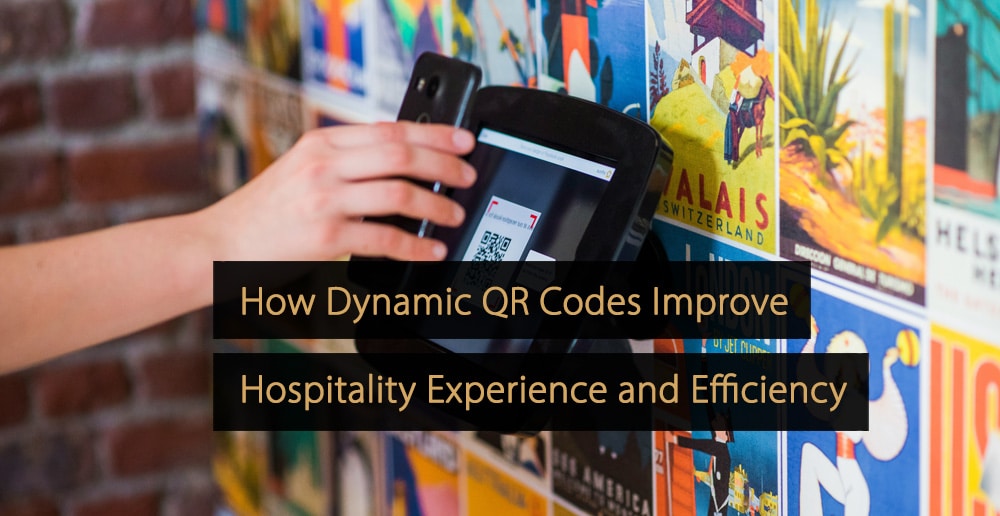The use of mobile apps for everyday activities has become more commonplace, leading to the rise of hotel apps. These hotel apps can then allow users to access a range of services, or to perform a range of different actions. In this article, you will learn more about hotel apps, their benefits of them, and how hotel owners can use them to improve communication, revenue, and the customer experience more generally.
What is a Hotel App?
A hotel app is a software application, which has been specifically designed to run on a mobile device – most commonly a smartphone or a tablet. A hotel can choose which services to include within its app, and users can then use the app to engage with those services. These services may be online, offline, or a combination of the two.
Why Are Hotel Apps Becoming More Popular?
Hotel apps are becoming increasingly popular for several reasons, but the most significant is the prevalence of smartphone technology. Indeed, nowadays, many people use their smartphones for everything from managing social media accounts to making takeaway orders, or holiday bookings.
It stands to reason that hotel guests are also in the habit of turning to their phones frequently, and an app allows many of the services associated with hotels to be brought into a single place. Apps also offer other advantages, allowing hotels to send users alerts or provide services that cannot be offered on a website.
3 Reasons Why Every Hotel Needs a Hotel App
While multiple benefits are associated with creating and using hotel apps, there are three main reasons every hotel should look to implement this technology. These reasons are explained in more detail below:
1. Improve Communication With Your guests
One of the single most important reasons for creating a hotel app is the improved communication it allows. Indeed, a hotel app can help to bring a range of different communication types into a single place, integrating online chat, social media, hotel news, promotional messages, and more.
An online chat function allows instant communication, and chatbots can be used when staff cannot respond personally. Meanwhile, push notifications can be sent to users’ phones, informing them of events in the hotel or promotional offers. Location-based messages and reviews can also be incorporated.
2. Improve Your Customer Experience
Additionally, a mobile app can improve the overall customer experience a hotel provides in several ways. For instance, booking hotel rooms can be facilitated through the app, along with bookings for restaurants, gym lessons, and spa sessions. Room and housekeeping services can also be ordered via the app. All of these services improve automation and remove the need for telephone conversations.
Hotel apps can improve the booking process by using virtual reality tours, while smart hotel controls can also be centralized through the app. This could allow, for example, guests to control TVs or lights through the app, or to choose a preferred room temperature, with the room’s devices automatically maintaining this.
3. Increase Your Hotel Revenue
Finally, another way a hotel app can benefit hotel management is through the potential to optimize and maximize hotel revenue generation. This can be achieved through internal and external methods, primarily by making access to certain services easier and more convenient for guests.
For example, the convenience of using an app to make room service orders can help improve the number of guests using that particular service. At the same time, this convenience can also improve restaurant bookings. Furthermore, apps can lead to the external booking of restaurants, tours, and museums, with hotels receiving a commission.
The rise of mobile apps has led to increased availability of hotel apps, which bring different hotel services together in a single, easy-to-access location. In addition to providing added convenience for customers, hotel owners can benefit from improvements to communication, revenue management, and the customer experience.
More Information About Hotel Management Software
Would you like to learn more about hotel management software solutions that can help you to grow your hotel business? In the following articles, you will find more information about the most important hotel management software for hotels:
- PMS System: What Are the Most Important Features?
- 5 Hotel Management Software Solutions Every Hotel Needs
- Hotel Distribution Channel Manager: What Are the Advantages?
- Revenue Management System (RMS): What Are the Advantages?
- Hotel Management Software: What Are the Benefits for Hotels?
- RMS System: An Overview of the Most Important Features
- PMS Software: Which Software Integration Should a PMS Have?
- 5 Essential Tips to Choose the Right Property Management System
- Hotel Software: The Most Important Software Solutions for Hotels
More Tips to Grow Your Business
Revfine.com is the leading knowledge platform for the hospitality and travel industry. Professionals use our insights, strategies, and actionable tips to get inspired, optimize revenue, innovate processes, and improve customer experience.Explore expert advice on management, marketing, revenue management, operations, software, and technology in our dedicated Hotel, Hospitality, and Travel & Tourism categories.
This article is written by:
Hi, I am Martijn Barten, founder of Revfine.com. With 20 years of experience in the hospitality industry, I specialize in optimizing revenue by combining revenue management with marketing strategies. I have successfully developed, implemented, and managed revenue management and marketing strategies for individual properties and multi-property portfolios.









Leave A Comment